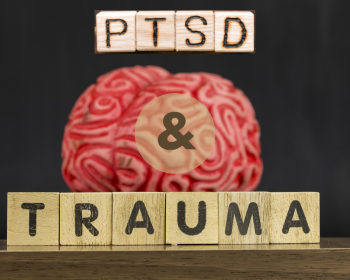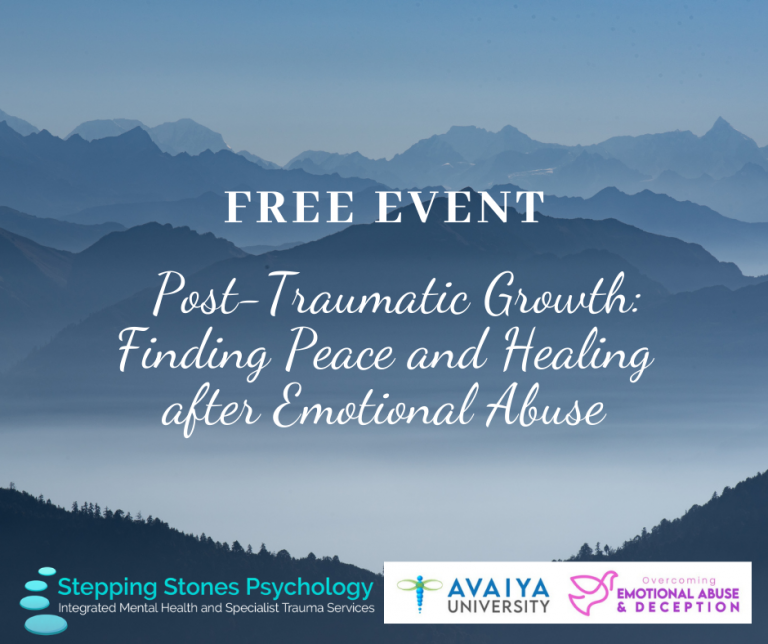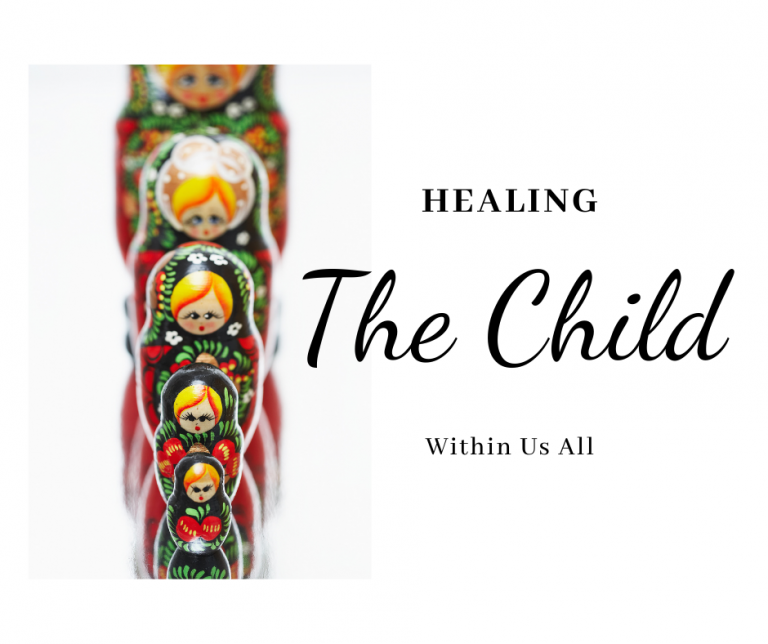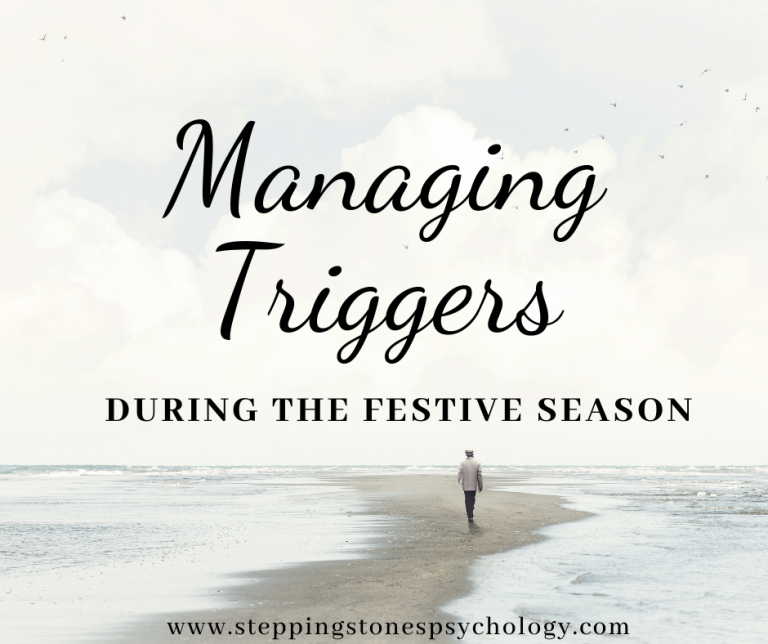Following is information we have with regards to the approved adoption therapeutic services like counselling/psychotherapy.
In December 2010, the law changed so that only counsellors and psychotherapists registered as an adoption support agency (ASA) with OFSTED are able to offer specialist adoption services.
These amendments to the Adoption and Children’s Act of 2002 were designed to ensure that the UK individuals affected by adoption are provided with support and services from practitioners who hold the proper qualifications and experience.
The introduction of this legislation now means that any counsellor or psychotherapist working with a client for whom any aspect of adoption is the main focus, must be registered with OFSTED and subject to regular inspections.
What does this mean?
The introduction of this legislation now means that any counsellor working with a client for whom any aspect of adoption is the main focus must be registered with OFSTED (or RQIA in Northern Ireland) and subject to regular inspections. You can check an individual’s registration on OFSTED’s website.
Some counsellors or psychotherapists may offer adoption counselling/psychotherapy under contract with an Adoption support agency, such as Barnardo’s Link Counselling Service or PAC-UK (in Northern Ireland these organisations are called Voluntary adoption agencies). In these cases, the counsellor/psychotherapist doesn’t need to be registered directly with OFSTED themselves – but they can only carry out adoption counselling/psychotherapy on behalf of their registered agency (i.e. they cannot provide this service independently).
Who does this apply to?
This applies to clients who have been adopted. It is about therapeutic support for anyone affected by adoption (focussed on adoption), which means that this also applies to siblings, grandparents, biological parents etc.
Will I be able to see you for therapy/counselling?
Yes, and no. According to the aforementioned legislation which is under OFSTED, I need to be trained and registered with them or an adoption support provider such as Barnardos to offer therapy or counselling where the adoption is the key issue. As I am no longer registered with OFSTED this would mean I would not be able to work with you if the key issue is around your adoption.
However, it may be that some individuals are seeking counselling for issues they feel may be related to adoption (such as low-self-esteem or relationship difficulties), and where adoption is not the key issue. In cases such as these where the entire counselling or therapy experience is not likely to revolve solely around the adoption itself, it is fine to seek help from a professional who is not an Approved Adoption Counsellor. In this case, I will be able to work with you.
What about competency?
Adoption is a specialist area where a counsellor/psychotherapist needs additional training in. Even in case where the key issue of your therapy/counselling would not be around your adoption, it is still strongly recommended to see someone who are trauma-informed and have an in-depth understanding, knowledge and experience when it comes to developmental trauma and secondary trauma.
I am honoured to have gained this specialist experience, knowledge and skills from my time working in Chrysalis Associates for 5 years where I worked as a Trauma and Attachment Therapist. Chrysalis is a multi-agency team specialising in providing trauma-informed and attachment-focused therapeutic intervention for children who are looked after or adopted and their parents/carers and professional networks. Through this work, I have had the privilege of meeting many adoptive and fostering families. This experience has served to highlight the significant impact that early trauma can have on children’s psychological development as well as the huge demands that this impact can make on their parents/carers competencies. I am very passionate about helping children develop healthy, loving attachment relationships and use Dyadic Developmental Psychotherapy (DDP) principles combined with Theraplay, Both of these therapeutic models are trauma-informed and attachment-based. I also offer EMDR and Sensory Integration techniques when working with traumatised children. I also offer parents and carers re-parenting sessions based on the approaches of Therapeutic Parenting. I believe these skills, knowledge and experiences are assets when working with clients who are adopted or were a foster child and with parents and carers who might be parenting traumatised children, such as therapeutic work around generational trauma.
If we were to work together, as long as the issues are not related to adoption then that is fine, however if adoption presents as an issue later on I.e. we have already established a therapeutic relationship it is permissible under the guidance to continue working with the client as long as I get supervision from a qualified adoption supervisor. I would ensure to seek this if required and when appropriate.
What if I want to see a different therapist, e.g. an Adoption Counsellor?
You can find one from this registry:
https://www.counselling-directory.org.uk/adoption.html







